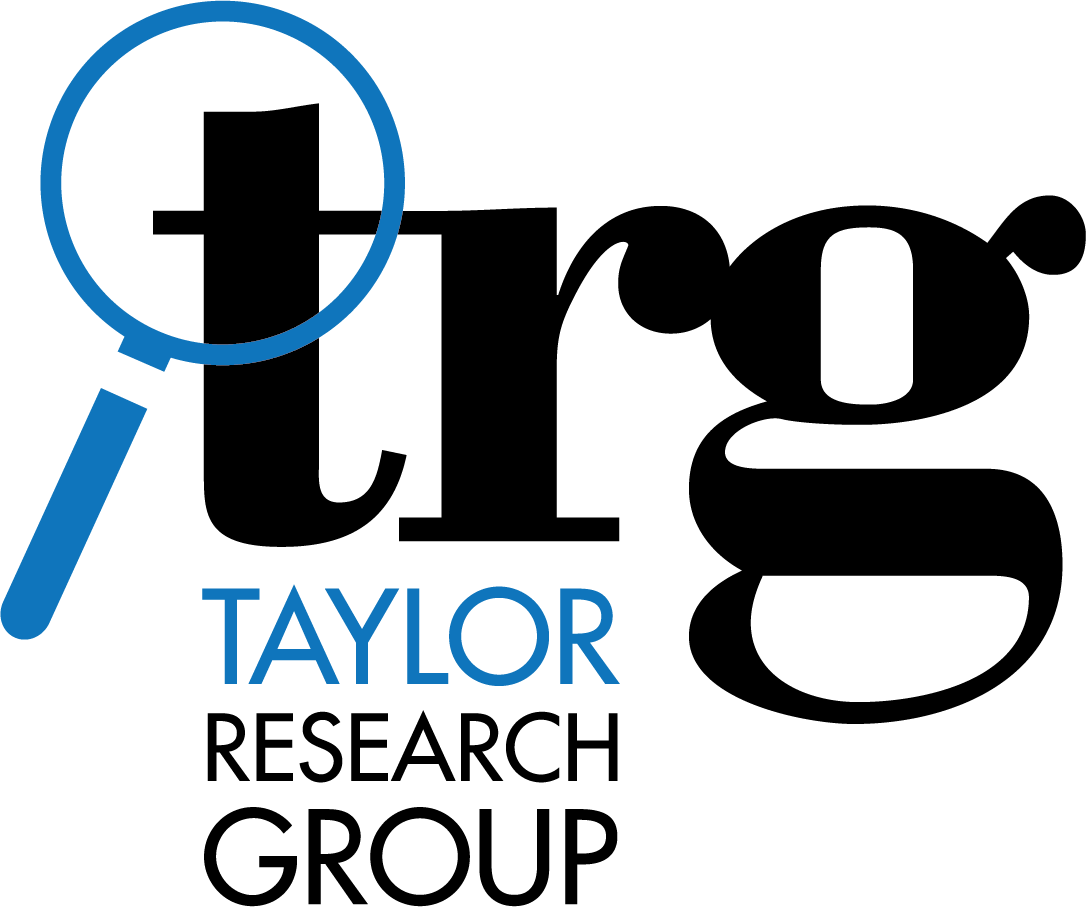At Taylor Research Group (TRG), we often use the tagline: “Why search when we research?” This is to emphasize how we transcend basic document retrieval and surface level online searches. In previous blog posts, we have highlighted how our knowledge of local, state, and federal archival repositories has helped our clients crack their product liability cases, go beyond the phase I environmental site assessment, and reconstruct the ownership history of a contaminated site. A recent research experience by our team underscores yet another value of historical research: unearthing unknown leads that can help win a client’s legal case.
Four Ways Archives Have Changed Since the COVID-19 Pandemic
Every industry has undergone major changes since the COVID-19 pandemic and archives and related repositories are no exception. As historical researchers, we had a unique perspective as we watched these institutions adjust in real-time. Since 2020, we at TRG have discussed internally the changes we’ve seen at local and national repositories. After all, what happens in the archival world impacts us directly and therefore impacts our clients. From abrupt lockdown to cautious reopening to new normal, here are some of the most significant changes we have seen:
Our Favorite Online Archives and Databases
October is American Archives Month - 2023 update!
October is American Archives Month! That means archives from around the country will promote their collections and archivists will share their knowledge all month long online. As you know, our line of work is dependent on the good folks who care for and curate historical materials. We here at TRG look forward to this month as it helps give us a sense of current trends and happenings in the archives field.
We last wrote about this fun event in 2019, but much has changed since then.
TRG's Favorite Regional Repositories
A Mental Floss article titled “10 Unusual Libraries from Around the World” inspired our team to come up with our very own round up of repositories we have visited throughout this country over the years. In addition to libraries, we expanded the scope of our list to include archives and historical societies. Most of our choices aren’t unusual, but each is unique to the person who chose to write about it. After all, the TRG team spends large chunks of its days hunched over reading tables, card catalogs, and microfilm machines in repositories throughout the country. We collectively spend the most time in two of the country’s largest and most famous: The Library of Congress and the National Archives and Records Administration.
Exploring How the 1918 Spanish Influenza Impacted Public Libraries
December 2020 marks the tenth month in which COVID-19 has upended the daily lives of Americans. Throughout the duration of this crisis, we at Taylor Research Group (TRG) have sought parallels between our present experiences and the events of the 1918 influenza, the last pandemic to severely impact day to day life in the United States. As professional researchers that rely on archival repositories of all sizes – from local libraries to the Library of Congress – we were particularly curious as to how such spaces were impacted in 1918
How to Crack Your Product Liability Case Using Historical Documentation
Product liability litigation – particularly the prominent billion-dollar verdicts against a manufacturer of talc-based baby powder – has been making headlines lately. The news that is still flying under the radar? The many archival repositories and libraries that hold the historical information you need to crack your product liability case.
Conducting Research Locally: Challenges & Opportunities
Tracking down records at the local level is an essential part of our strategy for many of the research cases we take on – from toxic tort and environmental litigation to legal questions emanating from mineral rights and land ownership issues. Local records can hold invaluable information when trying to piece together complex histories of contaminated industrial sites, military bases, public utilities, or other properties and waterways.
Balancing the Public’s Right to Know with Private Industry’s Right to Protect Confidential Business Information in the Wake of Disasters
When Hurricane Harvey battered the Gulf Coast region in August of last year, communities worried about its devastating, lasting impact – from the significant personal loss felt by families to the staggering financial clean-up costs that threatened to overwhelm towns and cities. And, in addition to the loss of human life, flooded homes as well as entire neighborhoods, not to mention the indefinite shuttering of businesses, communities were forced to confront serious environmental concerns in real time as the storm raged in the area that is a well-known hub of the petrochemical industry.
A New Year, A New Name and Look: T&H Becomes TRG
It’s the New Year and we at Taylor & Hammel LLC are kicking it off in a big way by announcing a new name and look. We hope to magnify the successes of the last decade and focus on the future of our company as Taylor Research Group (TRG).
